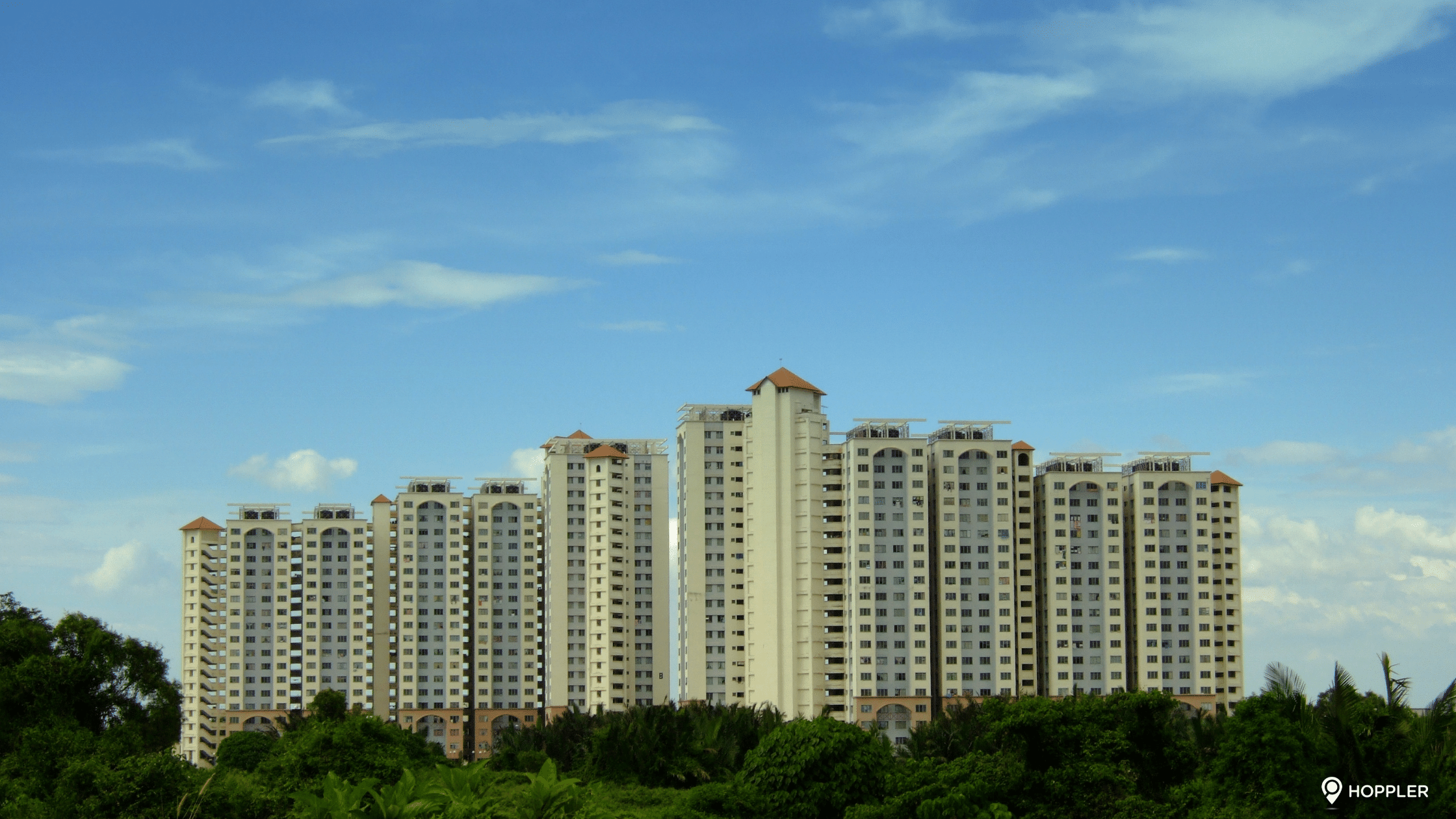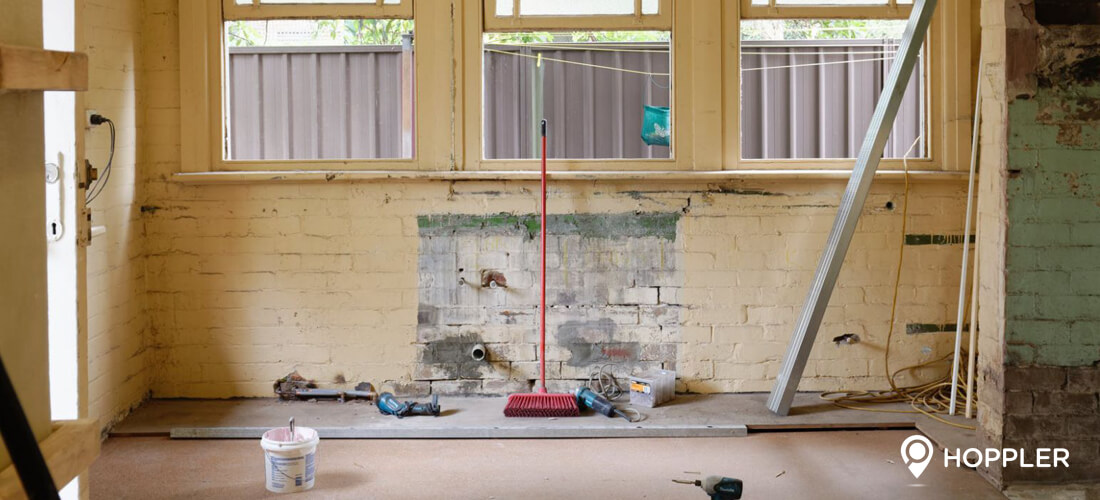Things to Remember When Buying a Condo in the Philippines
Low cost of living, warm tropical climate, and friendly people. These are some of the things that await anyone who wants to own a condominium in the Philippines.
Since the steady growth of the real estate market in 2001, buying condominiums continues to become a trend. The proliferation of BPO companies, looking to harness the potential of the Philippine workforce, has created a huge demand for both commercial and residential properties.
Aside from foreign demand, many Overseas Filipino Workers (OFWs) are using their income to purchase condos either as home for themselves and their families or as investments to be liquidated in the future. In fact, some migrant workers purchase properties in the Philippines even while abroad.
Owning a condo in the Philippines today has changed from an extravagance available only to the affluent to a worthy investment that yields many purposes.
What is a Condominium?
Unlike a house or a land property, a condominium is a section of a building or a complex which a person can own individually.
The rules for owning a condominium varies from country to country. In the U.S., foreigners are eligible to purchase properties regardless of whether they are present or not. In Thailand, foreigners are given 100% freedom to own condominiums and sell them to other expats or local citizens. However, local citizens are not allowed to sell their own properties to foreigners.
Meanwhile, the strict law of the Philippines limits foreign ownership of real estate where purchasing lands or properties are prohibited, except in few cases. With the implementation of “The Condominium Act,” foreigners looking for residential or commercial properties are now given an option to own them.
The Philippine Condominium Act
Republic Act No. 4726, or commonly known as “The Condominium Act,” is a law that allows people the right to co-own a piece of property of land aside from the absolute ownership of his/her unit.
The Condominium Act states the rights of the owner and the extent of his/her influence in the property where he/she has purchased the unit. It serves to protect the rights of buyers to ensure that they are not being misled by property owners or developers.
One of its most significant provisions is that it allows foreigners to purchase condos in the Philippines, given that they do not own the land on which it is built.
The implementation of this law has allowed many foreigners to buy units in the Philippines, thus strengthening more the country’s real estate market.
Why buy a condo?
When planning to buy a condominium, the ultimate consideration is your purpose for purchasing one. Is it because you want to move into a better residence to establish your independence? Or are you planning to make it an investment property? Buying a condominium ensures that these two reasons are fulfilled.
A condominium offers a kind of flexibility that you can’t find in owning a house or land. If you’re looking for a permanent residence without the added burden of building your own home, then a condo is your best option. Similarly, if you want an asset which you can use commercially, it can become a lucrative investment property.
Important factors when buying a condo:
-
Consider your short-term needs and long-term goals.
Evaluate your goals in life before buying a condo. While a condominium is a premium investment and a cost effective housing option, you cannot bank on the possibility that it can be passed on to your children 50 years into the future (see Section 8 of RA 4726).
Think about the next five years, and ask yourself questions that will create a drastic change in your lifestyle in the future. Will you be married then? Do you have plans to move in five years? Are you planning on changing careers in the next few years? All these will help you decide whether you should invest on a condo and what type you will buy. If you’re not planning to stay long, you might want to consider renting a condominium instead.
-
Learn about the prices of properties in different locations before deciding on a place to settle down.
Location is a very crucial factor in selecting your unit, mainly because where you choose to live will shape the lifestyle that you will have. However, different locations especially in the Metro are priced differently depending on the area.
Properties near the central business districts are higher than those farther away. For example, the selling price of a three-bedroom unit in Makati can go from PHP 14,500,000 to PHP 25,785,000. While the same unit for sale in Bonifacio Global City average between PHP 13,500,000 to PHP 29,500,000. Aside from condominium prices, the cost of living also varies in different locations.
-
Choose the type of unit that best suits your needs.
The great thing about buying a condo in the Philippines is that you have a lot of options to choose from. Aside from the many existing condominiums in the market, there are also pre-selling condos that are readily available. However that same factor can also hinder you when you start searching for your ideal residence.
Because of the number of options, you may find yourself gravitating towards cheaper alternatives or more costly ones just because they have amenities and features you think you might need.
Bear in mind that you are in control of what condo you’ll buy. Don’t settle for second best when you can have the perfect one by simply being very discerning about your decisions.
-
Gather all the information you need before signing a contract.
Buying a condo unit entitles you to a building’s services and amenities. Thus, you are also responsible for a portion of the upkeep of the building. Before you sign a contract, enlist the help of a broker to guide you into the financial aspect of buying a condo unit. This ensures you won’t be blindsided when a bill comes for a service that you were not aware of before buying the unit.
You should also pay particular attention to the details of the contract and discuss some important points you want to clarify with the building owner. For example, if you’re planning on sub-letting your unit then you should be aware if the owner allows this sort of business venture or not.
Moreover you can also make some suggestions or propose changes to your contract. For example, you are not certain about paying for a gym membership since you don’t work out that much or you want to upgrade the pre-installed appliances in your unit. You can discuss these with your broker or the owner of the building. By voicing out your opinion, you will save yourself from regret and complications later on.
Buying a condominium in the Philippines shouldn’t be a difficult task, especially if you follow these simple guidelines. Owning the perfect residential home is a dream, and you now have a chance to turn it into a reality.



